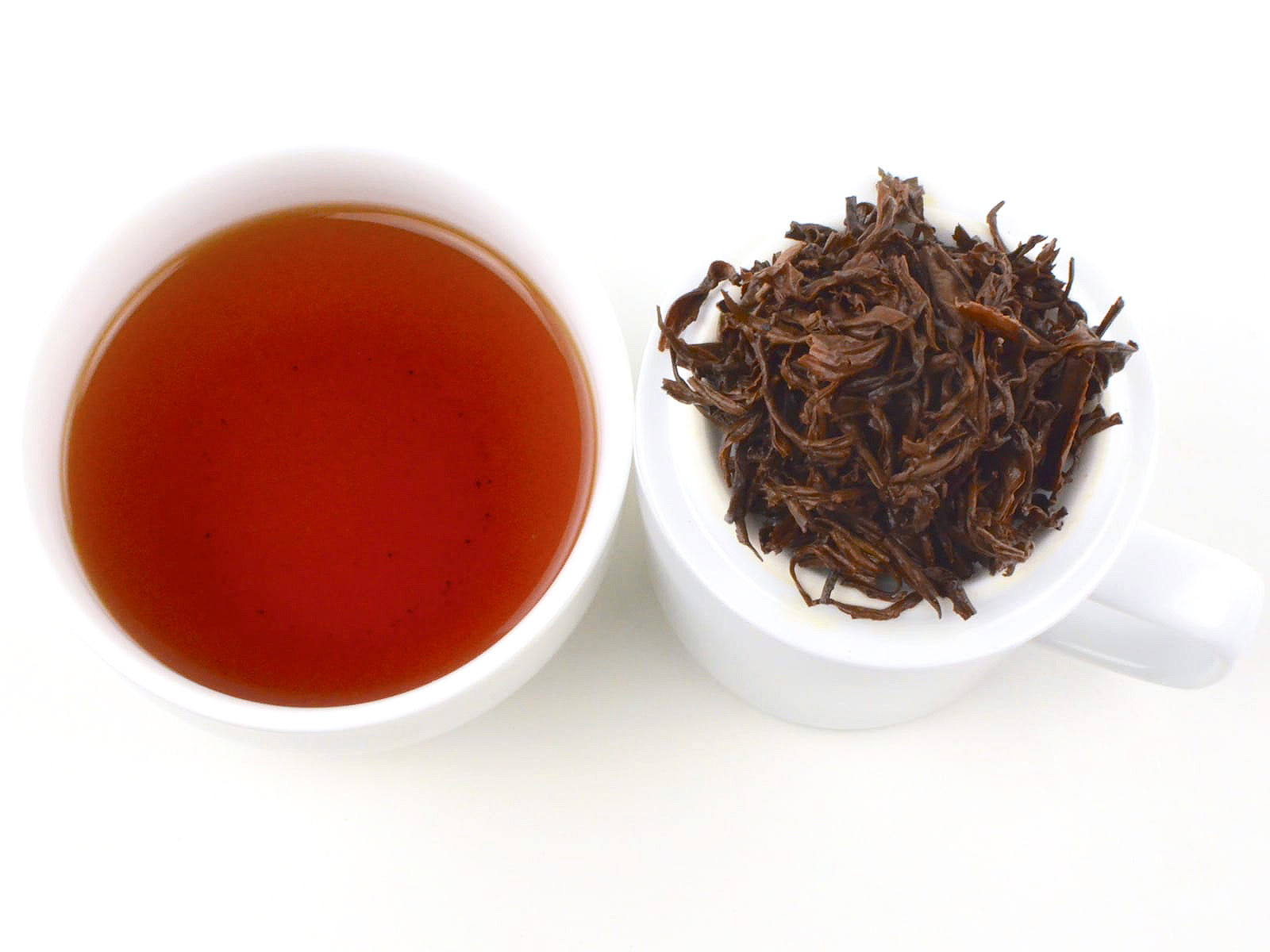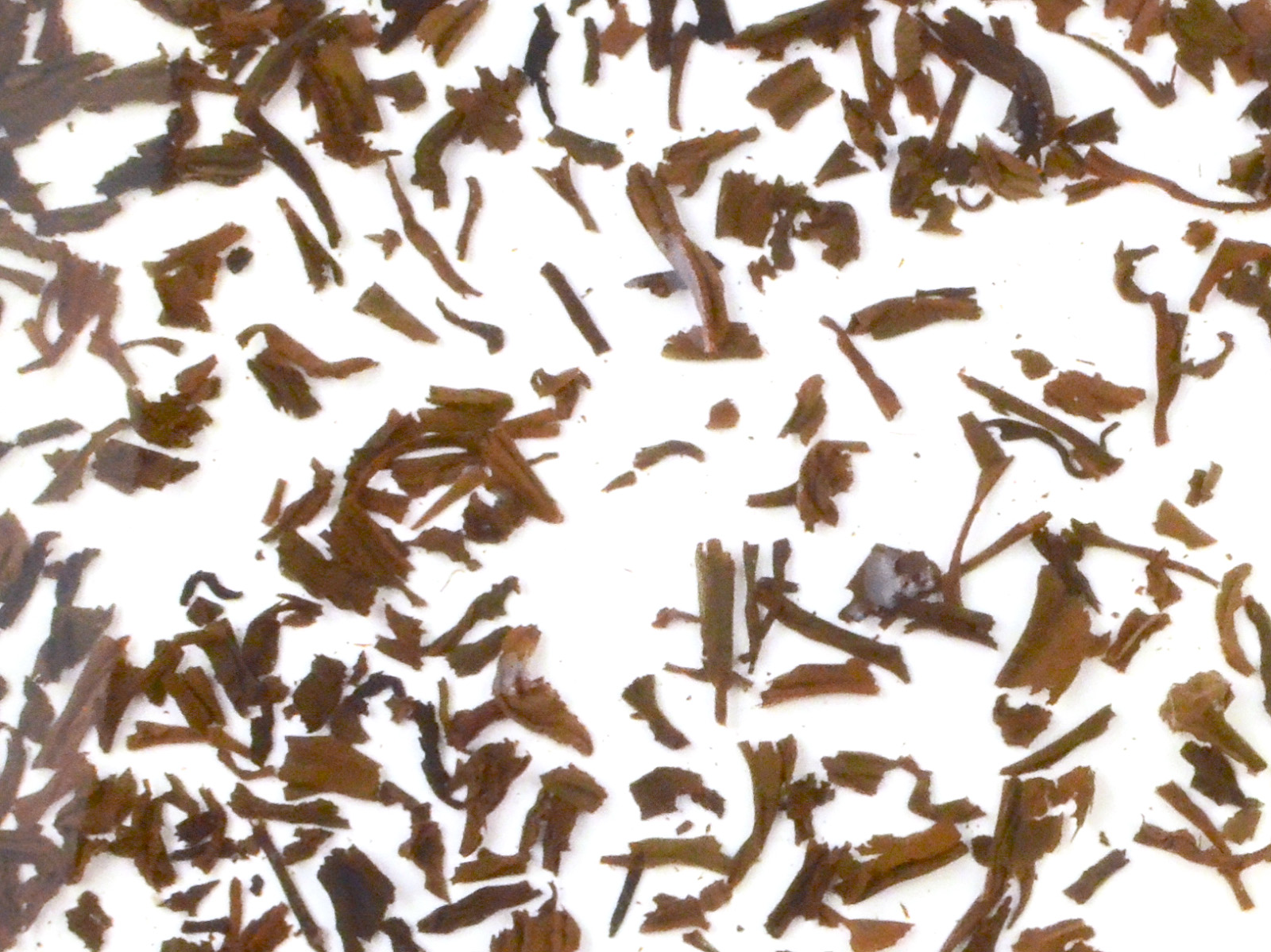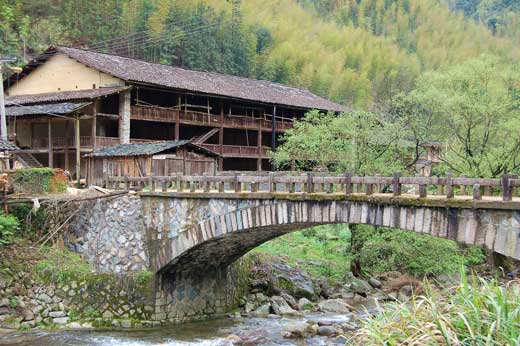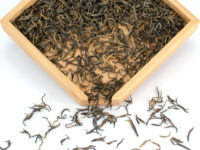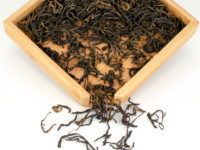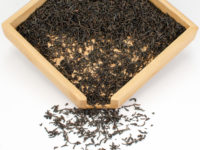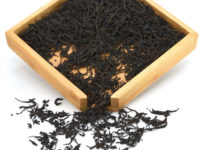Lapsang Souchong
Strong Smoke Organic Black Tea 2024
The strong signature pine smoke aroma of this certified organic smoked black tea makes it the most popular and familiar Lapsang Souchong tea. A bold everyday tea made from full-flavored mature spring leaves crafted with the same traditional techniques used hundreds of years ago.
- Tea Origin
- Shaowu City, Fujian Province, China
- Tea Bush
- Dabai (Big White), Dahao (Big Hair), Quntizhong (Heirloom Tea Bush)
- Tea Maker
- Chen Qingwen
- Plucking Standard
- Three leaves
This is our most popular smoked tea and is either loved or strongly disliked, depending on how your taste buds feel about the smoky flavor. This flavor, often described as the “campfire” taste, is imparted into the tea when it is smoked over a real pine wood fire. The tea color is a rusty red and the smoked flavor and aroma will persist for many infusions. We also highly recommend cooking with this tea, as adding it to sauces and marinades is an effective way to get a genuine smoke taste without a smoker.
About Lapsang Souchong
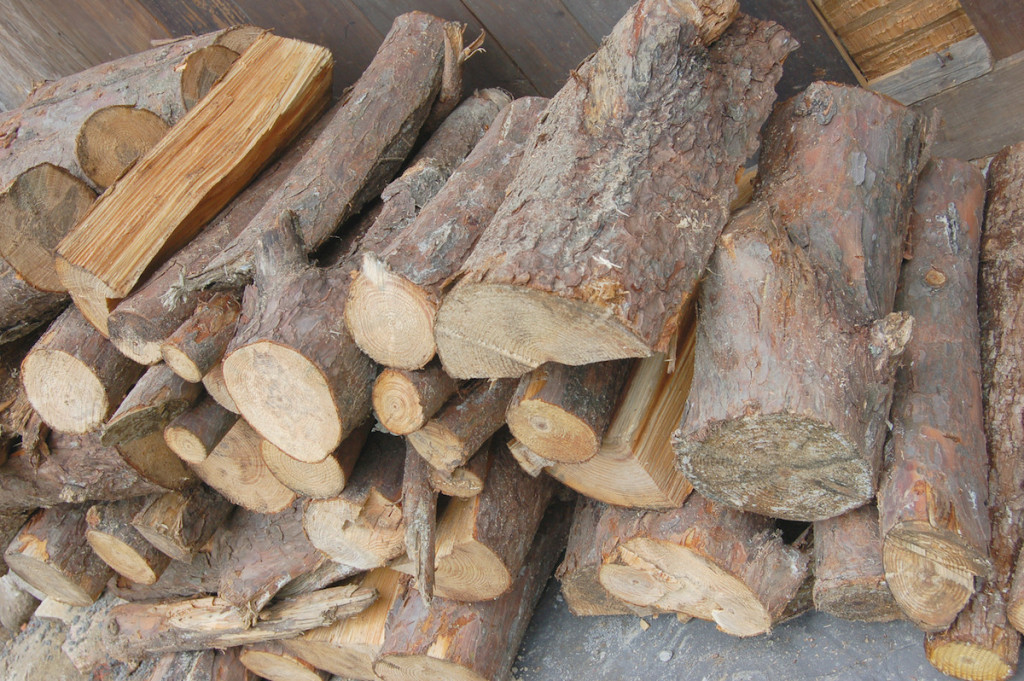
Lapsang Souchong is the tea made famous by the British royal family and Sir Arthur Conan Doyle’s fictitious character, Sherlock Holmes. Our Lapsang Souchong is smoked over red pine (horsetail pine), giving it the distinct rich smoky aroma and flavor. This tea is one of two smoked teas we currently carry, and is the strongest smoked variety. If you are looking for the original taste and quality of smoked tea, try our Tongmu Lapsang Souchong which is handmade in the birthplace of smoked black teas, Tongmu Village.
Origin story of smoked black tea
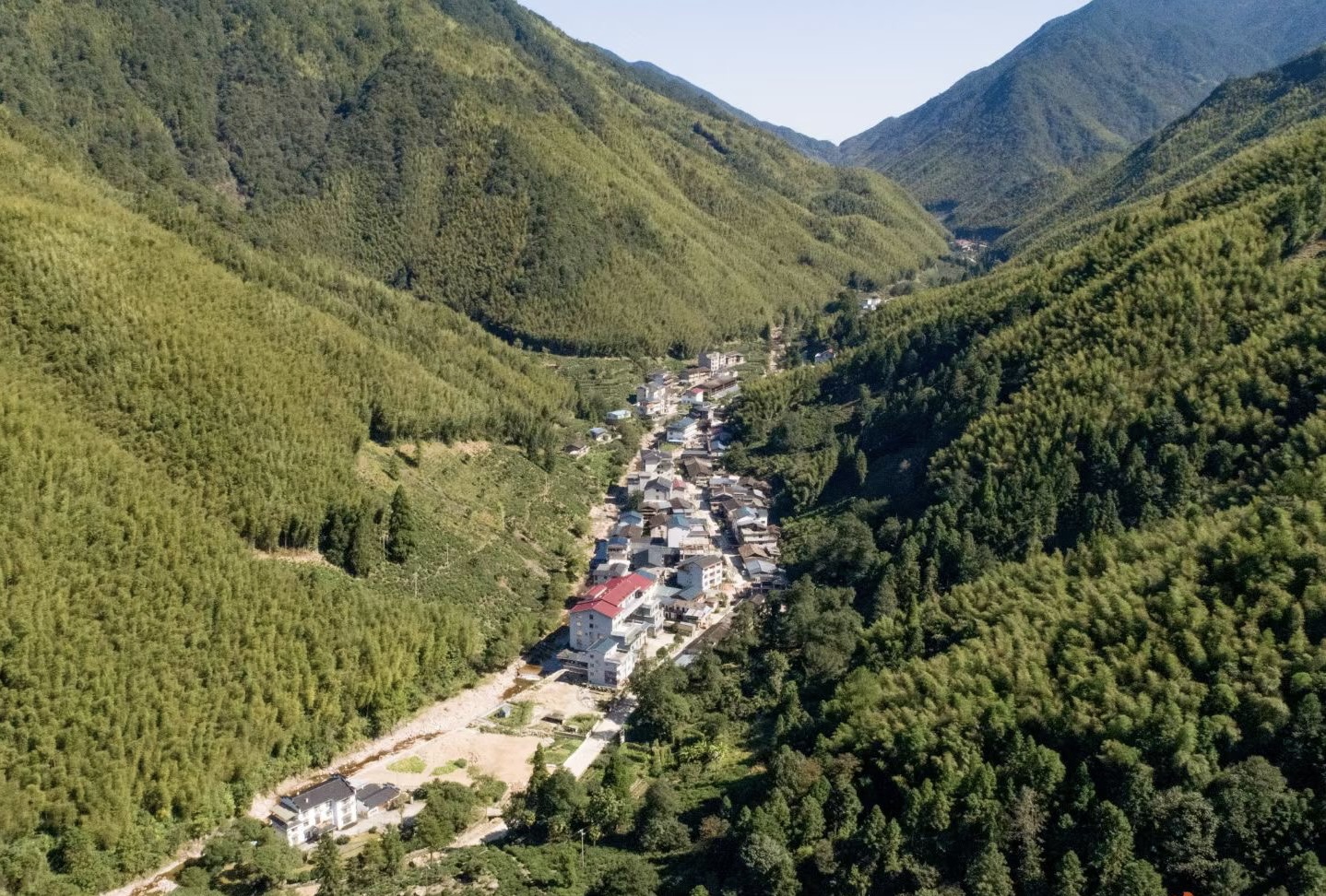
The origin story of smoked tea (and black tea) begins in the 17th century in Tongmu Village, a small village within a steep mountain valley The local people in the village were only able to grow tea and bamboo on their limited land. They relied heavily on selling tea to get them through harsh winters. All tea at this time was processed as green tea
One spring, a crafty general decided to surprise his enemy by sending his troops through the mountain path that ran directly through Tongmu Village. The soldiers trampled through the village just after the tea picking had been completed, forcing the villagers to flee and hide in the mountains while the soldiers finished off the rest of their already minimal food supply and slept right on top of all their freshly picked tea leaves. A couple days later when the soldiers had moved on, the villagers returned to find their tea leaves broken, and oxidized. One villager suggested they should try roasting the leaves over horsetail pine charcoal (a local tree) to cover up their strong over-oxidized smell.
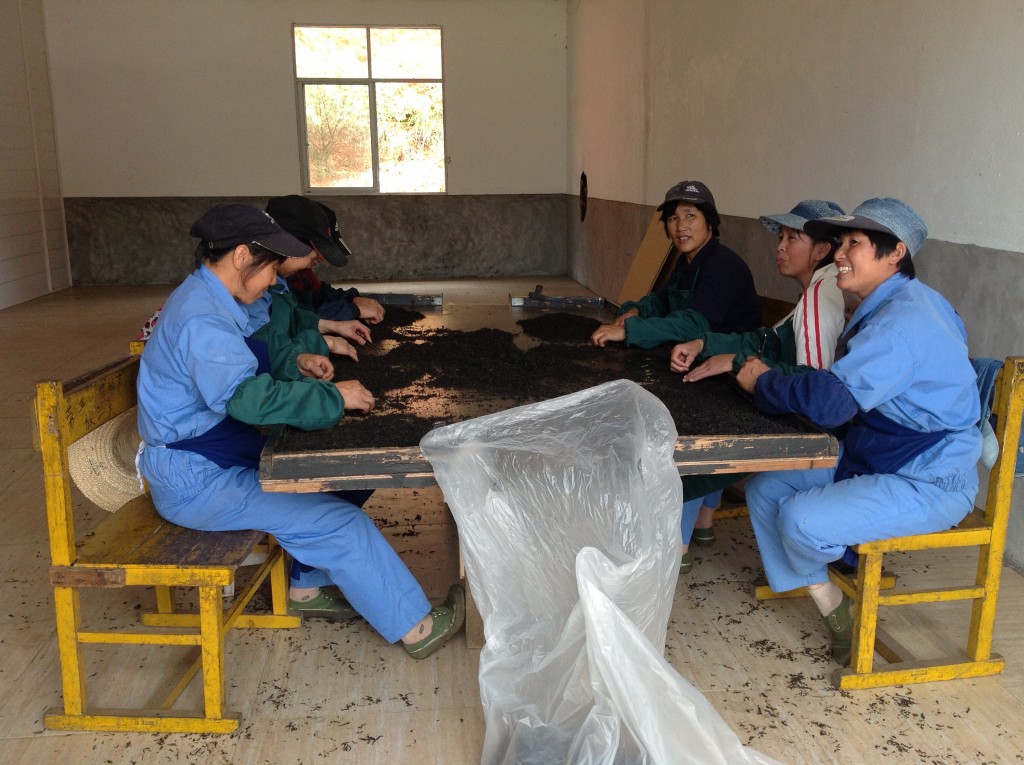
The villagers transported the tea to a small trading center town called Xincun where merchandise was sent by boat to the port city Fuzhou. They begged a Xincun merchant to take their crop. They assumed that they wouldn’t make much of a profit, if any, but were surprised to find the next year there was not only a nice return but also a request for more of this new pine roasted tea. Thus the first black tea was invented.
No chemical fertilizer, pesticide, or herbicide was used in the production of this tea. Click here to read more about our promise to fair trade and the environment.


